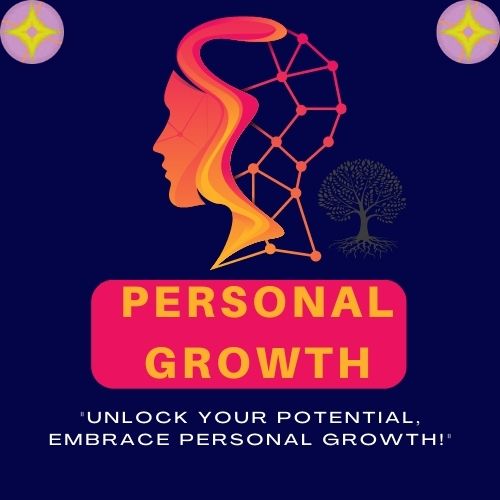Mental Models for Personal and Professional Growth:
Personal and professional growth are continuous journeys that require a combination of self-awareness, adaptability, and strategic thinking. Mental models, or cognitive frameworks, play a crucial role in shaping our perspectives and decision-making processes. By adopting and applying effective mental models, individuals can enhance their problem-solving skills, make better choices, and ultimately achieve sustainable growth in both personal and professional aspects of life.
#1-The Growth Mindset:
The growth mindset, popularized by psychologist Carol Dweck, revolves around the belief that abilities and intelligence can be developed through dedication and hard work. Embracing a growth mindset empowers individuals to see challenges as opportunities for learning and improvement rather than insurmountable obstacles. This mental model encourages resilience, perseverance, and a commitment to continuous learning, fostering an environment conducive to personal and professional development.#2-The 80/20 Principle (Pareto Principle):
The 80/20 Principle, also known as the Pareto Principle, suggests that roughly 80% of effects come from 20% of causes. In the context of personal and professional growth, this model encourages individuals to identify and focus on the most impactful tasks and activities. By concentrating efforts on the most critical aspects, individuals can optimize their time and resources, achieving more significant results with less overall effort.#3-First Principles Thinking:
First Principles Thinking involves breaking down complex problems into their fundamental components and addressing each component independently. This mental model, championed by thinkers like Elon Musk, encourages individuals to question assumptions and build a deep understanding from the ground up. By grasping the core principles behind a situation, individuals can generate innovative solutions and make more informed decisions, fostering personal and professional growth.
#4-The Dunning-Kruger Effect:
Coined by psychologists David Dunning and Justin Kruger, this mental model highlights the tendency of individuals with low ability to overestimate their competence. Recognizing the Dunning-Kruger effect is crucial for personal growth, as it emphasizes the importance of self-awareness and humility. Individuals can avoid the pitfalls of overconfidence by acknowledging their limitations, seeking feedback, and continuously striving for improvement.
#5-Inversion:
Inversion involves solving problems by approaching them backward. Rather than focusing on how to achieve success, individuals employing inversion consider how to avoid failure. This mental model, used by renowned investor Charlie Munger, helps individuals identify potential pitfalls and challenges, enabling them to make more strategic decisions for both personal and professional endeavors.
#6-Circle of Competence:
The Circle of Competence, introduced by Warren Buffett, emphasizes the importance of understanding one's strengths and limitations. By staying within the boundaries of their expertise, individuals can make more informed decisions and avoid unnecessary risks. This mental model promotes continuous learning within one's chosen field, ensuring that personal and professional growth aligns with individual capabilities and interests.
#7-Second-Order Thinking:
Second-order thinking involves considering the potential consequences of decisions beyond the immediate and visible outcomes. By anticipating the ripple effects of actions, individuals can make more thoughtful and informed choices. This mental model encourages strategic thinking, helping individuals navigate complex situations and cultivate a long-term perspective on personal and professional growth.
Conclusion:
Adopting and applying these mental models can significantly contribute to personal and professional growth. By fostering a growth mindset, focusing on impactful tasks, employing principles thinking, acknowledging limitations, embracing inversion, staying within one's circle of competence, and practicing second-order thinking, individuals can navigate challenges, make informed decisions, and continuously evolve in both their personal and professional lives. These mental models provide valuable frameworks for cultivating resilience, strategic thinking, and a commitment to lifelong learning, essential elements for sustained growth and success.
Please follow our Facebook Page. Thank you for Studying this article.


